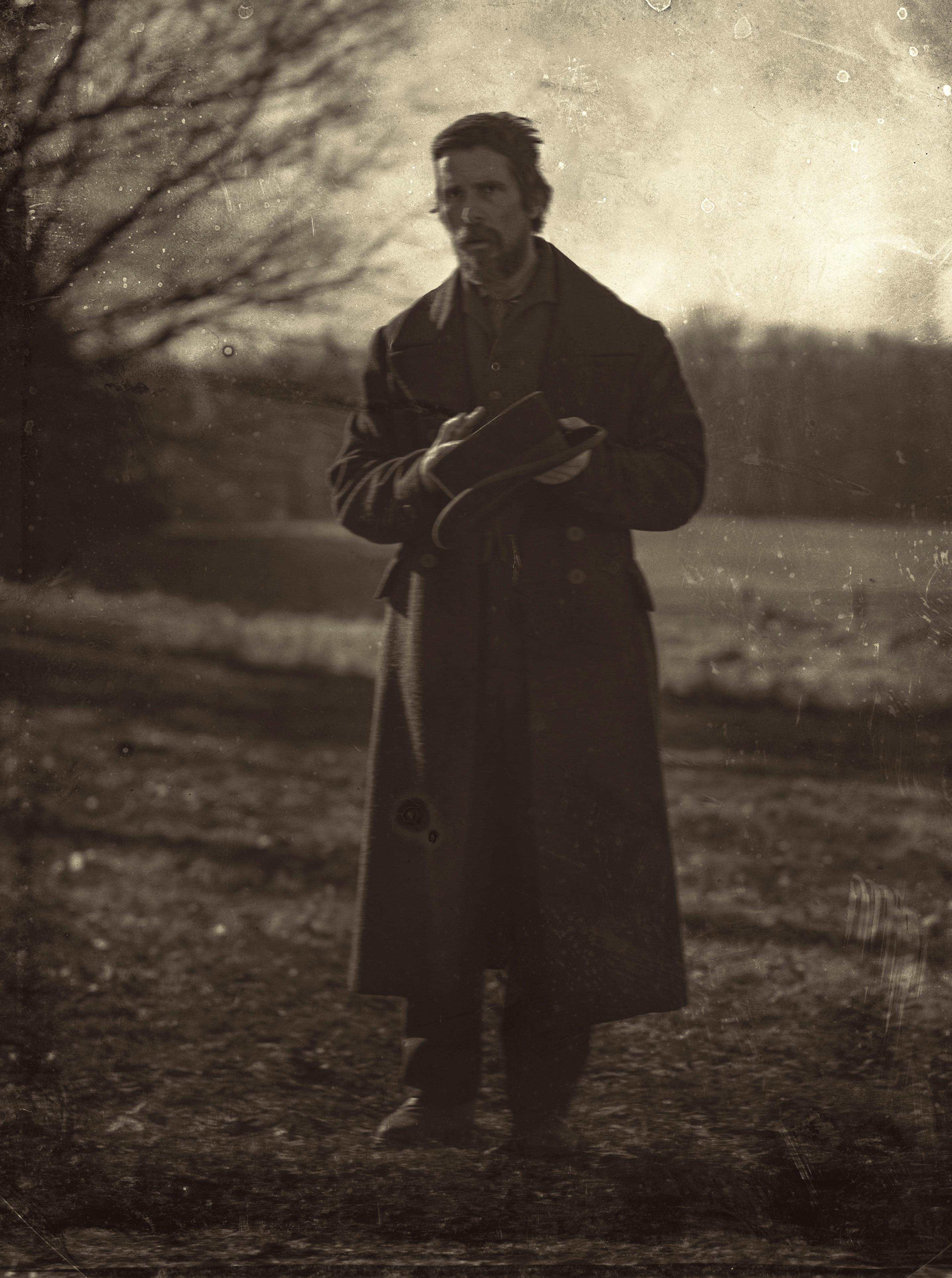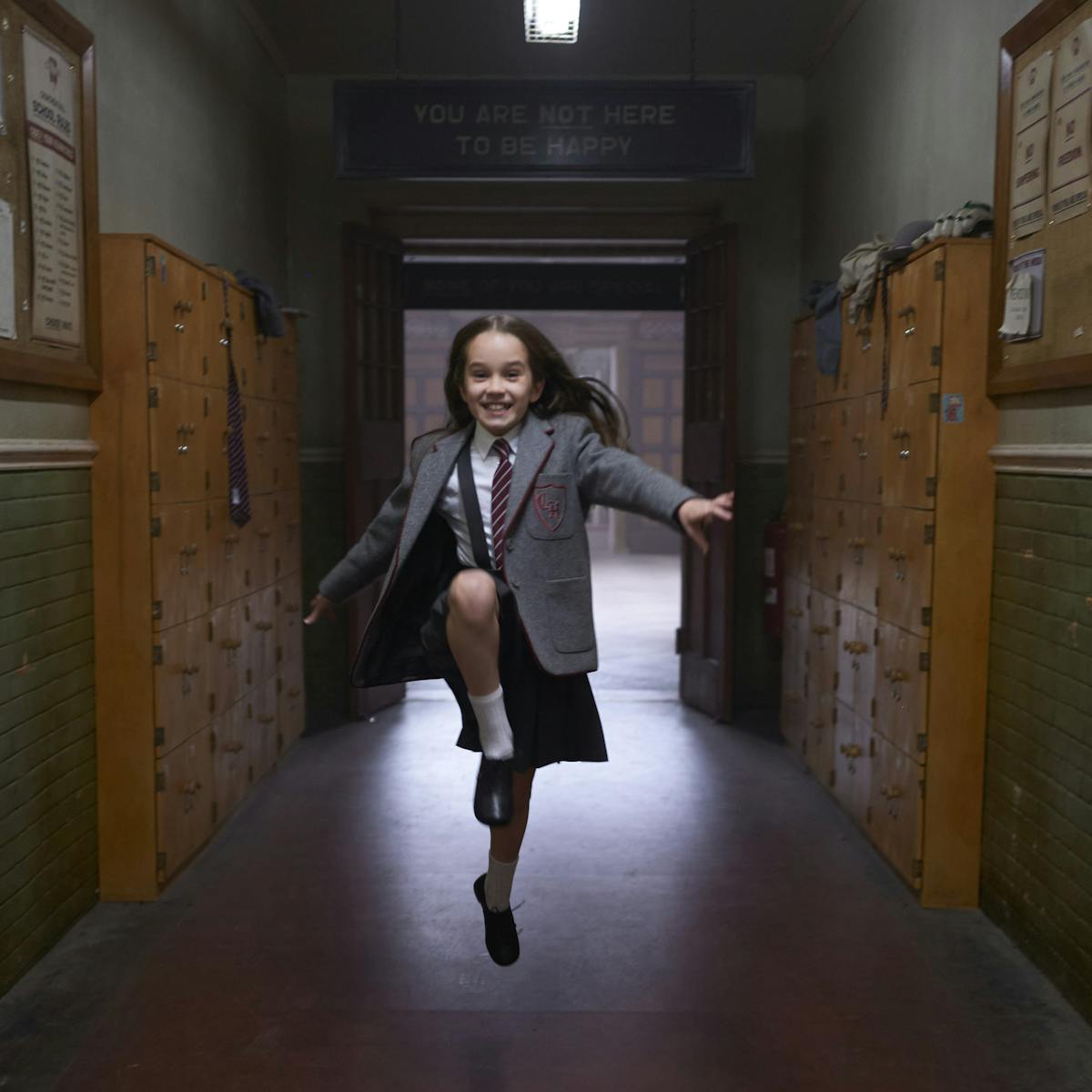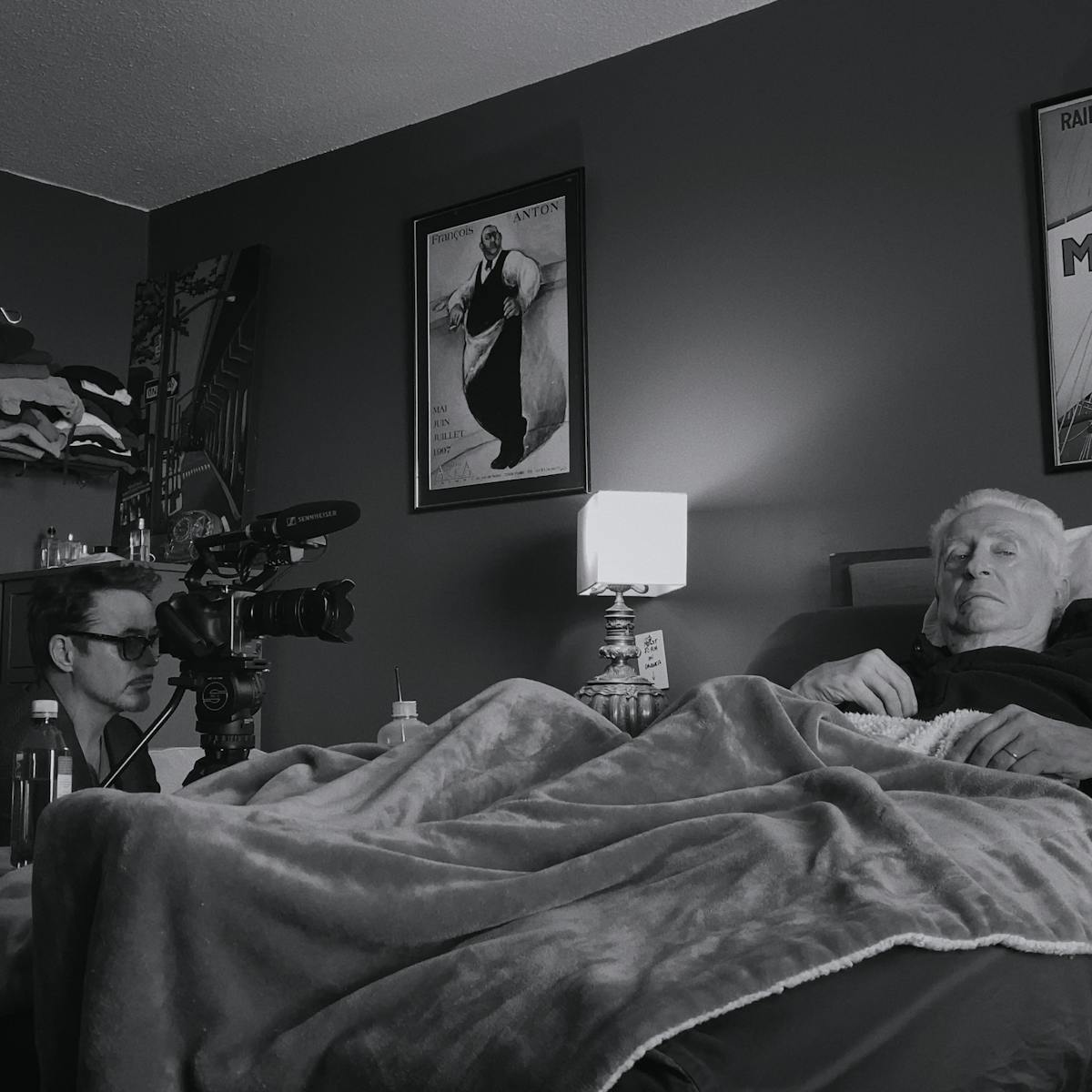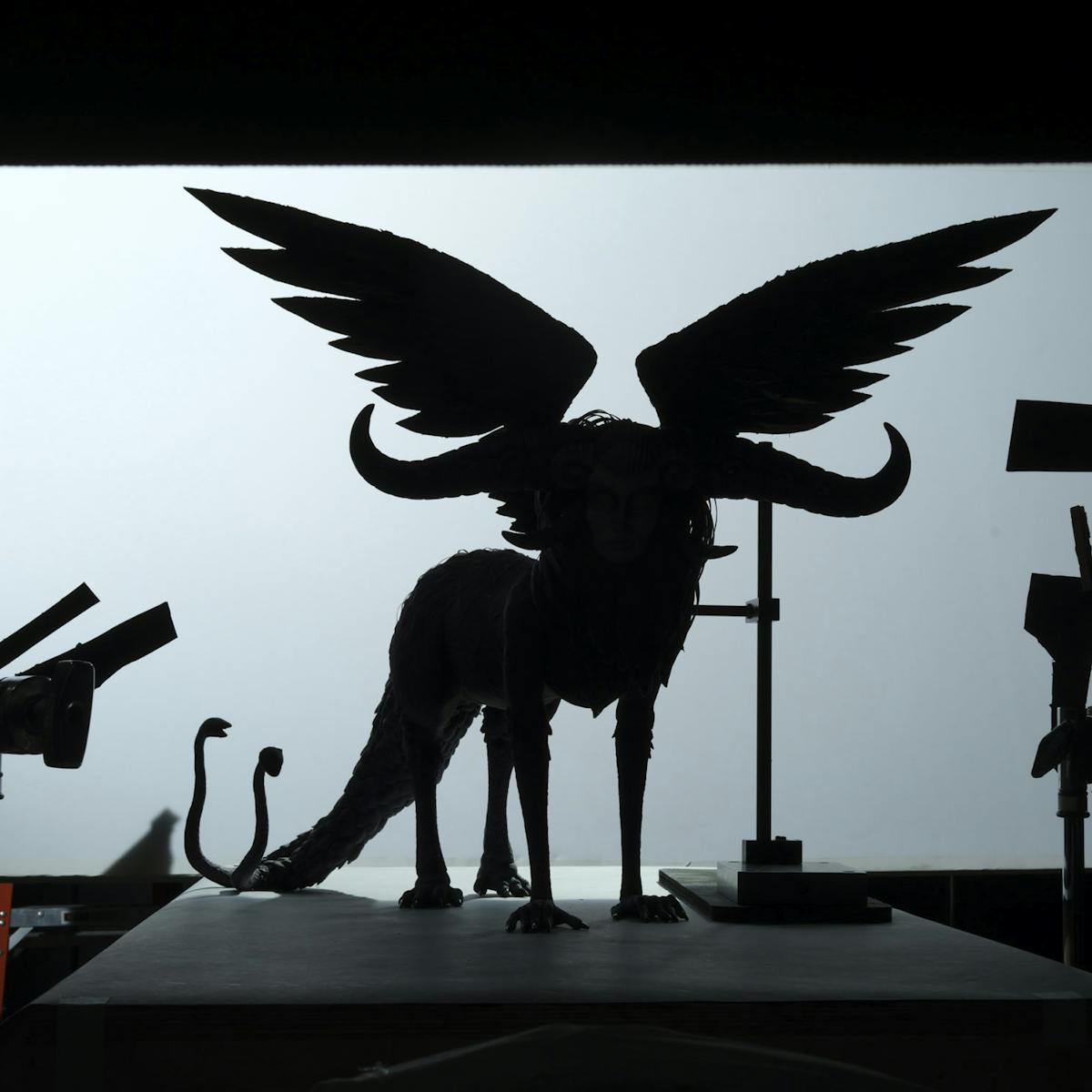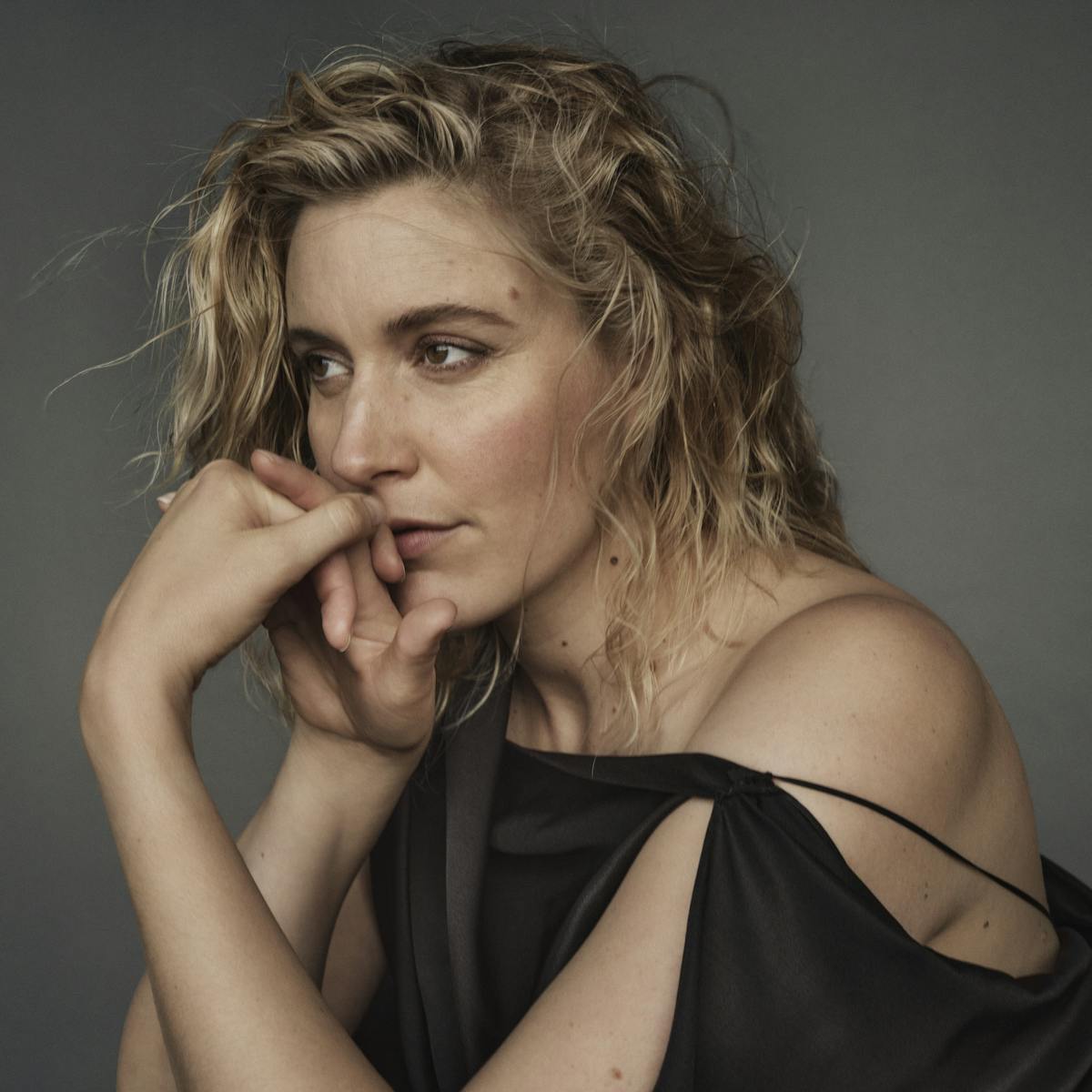Edgar Allan Poe, much like actor-turned-filmmaker Scott Cooper, spent his formative years in Virginia. The son of an English teacher, Cooper became an avid reader, one who enjoyed the dark tales spun by the literary icon. So, when his father suggested he might enjoy Louis Bayard’s 2006 mystery novel The Pale Blue Eye, about the adventures of a young Poe at West Point Academy in 1830, he immediately picked up a copy. “I thought, My god, how clever is this, [to take] the man who bequeathed to us detective fiction and horror fiction and place him at the center of a detective story?” Cooper recalls.
For his sixth feature, the writer-director brings Bayard’s eerie nineteenth-century tale to the screen, with Harry Melling (The Queen’s Gambit) as Poe and Cooper’s longtime collaborator, Oscar winner Christian Bale, as Augustus Landor, the reclusive world-weary investigator called in to solve the gruesome murder of a cadet. It’s the third project for Cooper and Bale, after 2013’s Rust Belt drama Out of the Furnace and 2017’s pulse-pounding Western Hostiles. “I like how relentless Scott is in pursuing answers to questions,” says Bale of the filmmaker, whose feature debut, 2009’s Crazy Heart, netted Jeff Bridges his Best Actor Oscar. “He is obsessed, and I like that. We all want to work with people who are obsessed. In this profession, it’s an essential element.”
Here, Cooper and Bale discuss their latest film, and what’s at the heart of their artistic bond.
An edited version of the conversation follows.
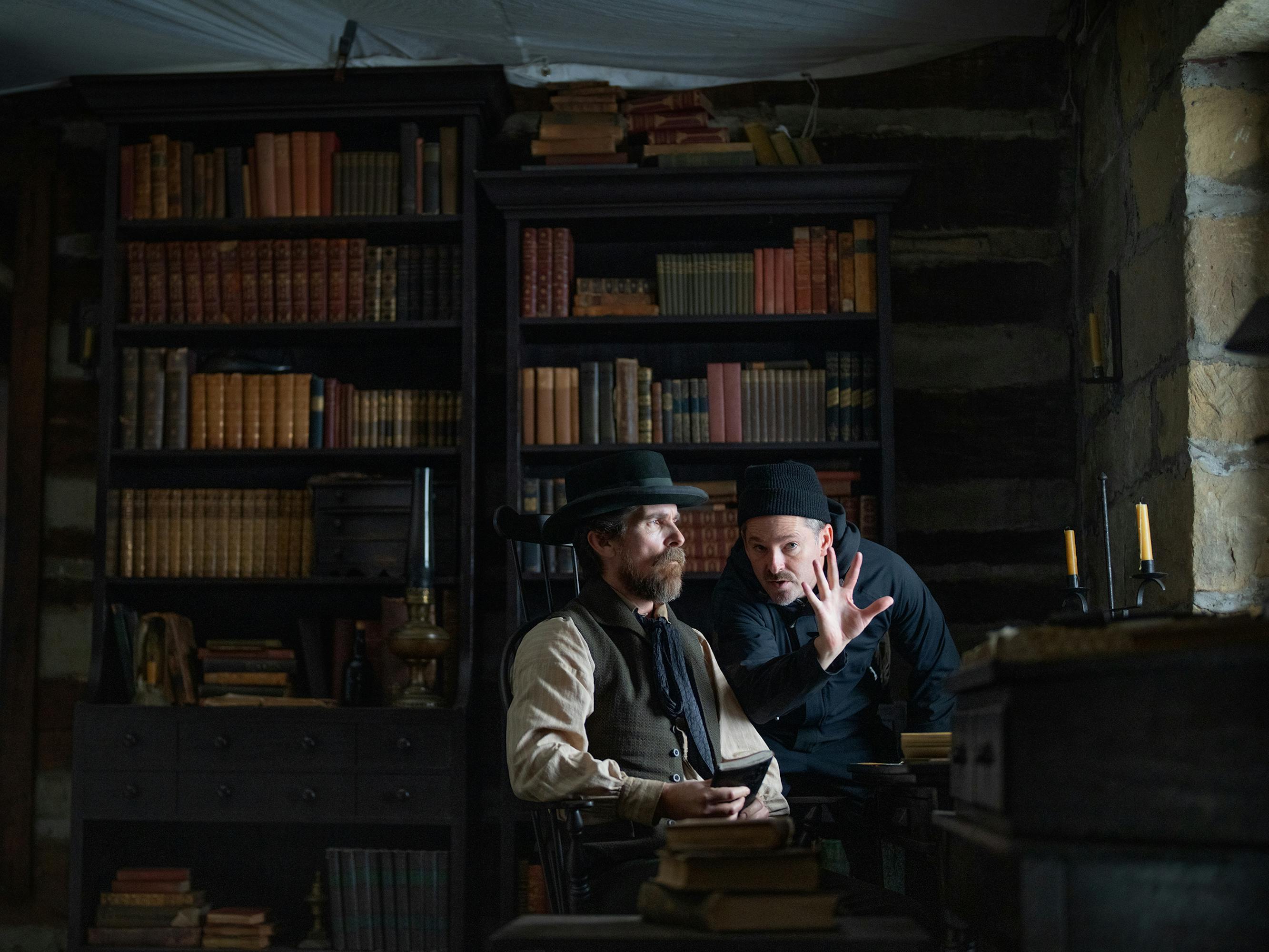
Christian Bale and Scott Cooper
Krista Smith: Scott, you’ve been interested in adapting this book for years — did you always have Christian in mind for the role of Augustus? Do you write with actors in mind?
Scott Cooper: I wrote Crazy Heart for Jeff Bridges specifically, Out of the Furnace for Christian, Hostiles for Christian. [With] this, [I was] reimagining, thinking, My god, Christian’s the perfect age, my closest collaborator, closest pal. I hope he loves it. Fortunately, Christian aged perfectly into the lead part, so things work out as they’re meant to.
Christian Bale: I matured into a grumpy old bastard who wants nothing to do with people. That’s what you saw happen to me.
Christian, what made you want to play this character?
CB: I like, with films and with characters, to get absorbed and taken by them, and then not to articulate exactly why. I like to have a sense of discovery as we’re filming, and there are many things in life that lose their magic when you identify them or speak about them. So I understand exactly why, but I don’t always like to share that, and I don’t even always share that with Scott or fellow filmmakers. There’s a lot to be said for what is left unsaid. But certainly, with Landor, I liked this historical fiction. I liked this origin story of Poe, was familiar with him as a symbol of the macabre and originator of detective stories, and had vague ideas about how he had died in mysterious circumstances, which are fascinating. [I liked] seeing Landor as the engine that set Poe on his life course, the person who taught him a great deal, was something of a father figure, but also, in many ways, was able to break Poe’s heart. That’s the other thing with Landor, he’s an 1830s hardboiled detective, isn’t he? Somebody who has decided he wants nothing to do with people but is learning a great deal from the young Poe.
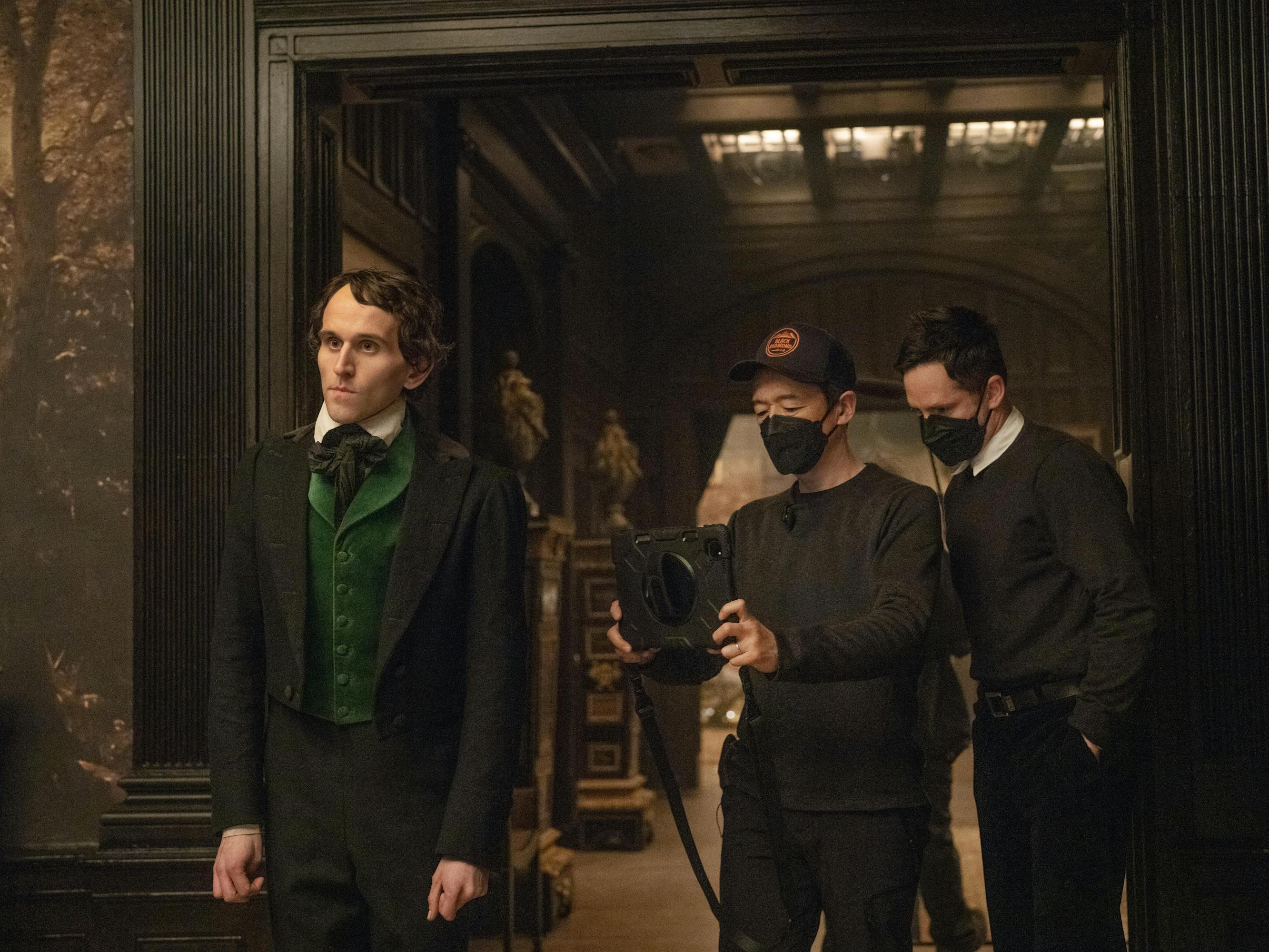
Edgar Allen Poe (Harry Melling), cinematographer Masanobu Takayanagi, and writer-director Scott Cooper
Enter Harry Melling, who’s brilliant. How did he, as an artist, fit into your dynamic, this long-established shorthand you have with each other?
SC: One of the great things about having Christian as a partner on my films is I know Christian’s process. Some of the films we’ve made are very difficult films to make, meaning weather, location, altitude, temperature. Christian always sets the tone that it’s going to be tough, but we’re going to get through it and there will be no complaining. Christian’s the first one on set, the last one to leave. So, finding that alchemy is not easy. I had seen Harry Melling in The Ballad of Buster Scruggs, the Coen brothers anthology, in which he plays this limbless performer that Liam Neeson carries around the West espousing Shakespeare. I was riveted. It was one of the best performances I had seen, and it moved me for a very, very long time. There were a lot of great actors who auditioned for this part, and I would send the audition tapes to Christian, and we would discuss them all.
CB: When I saw Harry’s tape, instantly he became the image that I pictured as I was reading The Pale Blue Eye for the umpteenth time. He just captured it. He has these hypnotic eyes that are fascinating. He was exploring something interesting in the audition and I admired that because I’ve always hated auditions. I was very often unable to access anything interesting in an audition — how I ever got cast in things, I’m not certain. I could see that he was a special individual and he became Poe in my mind.
SC: Then, working with him was a dream. He assimilated beautifully with the rest of the cast. He’s one of the sweetest people I’ve come across, and he’s the only person who could play this version of Edgar Allan Poe because, remember, before he became obsessed with loss and death and drink, he was warm, witty, humorous, very Southernly. Harry really captured that. As the film progresses, we get into some darker psychological terrain.
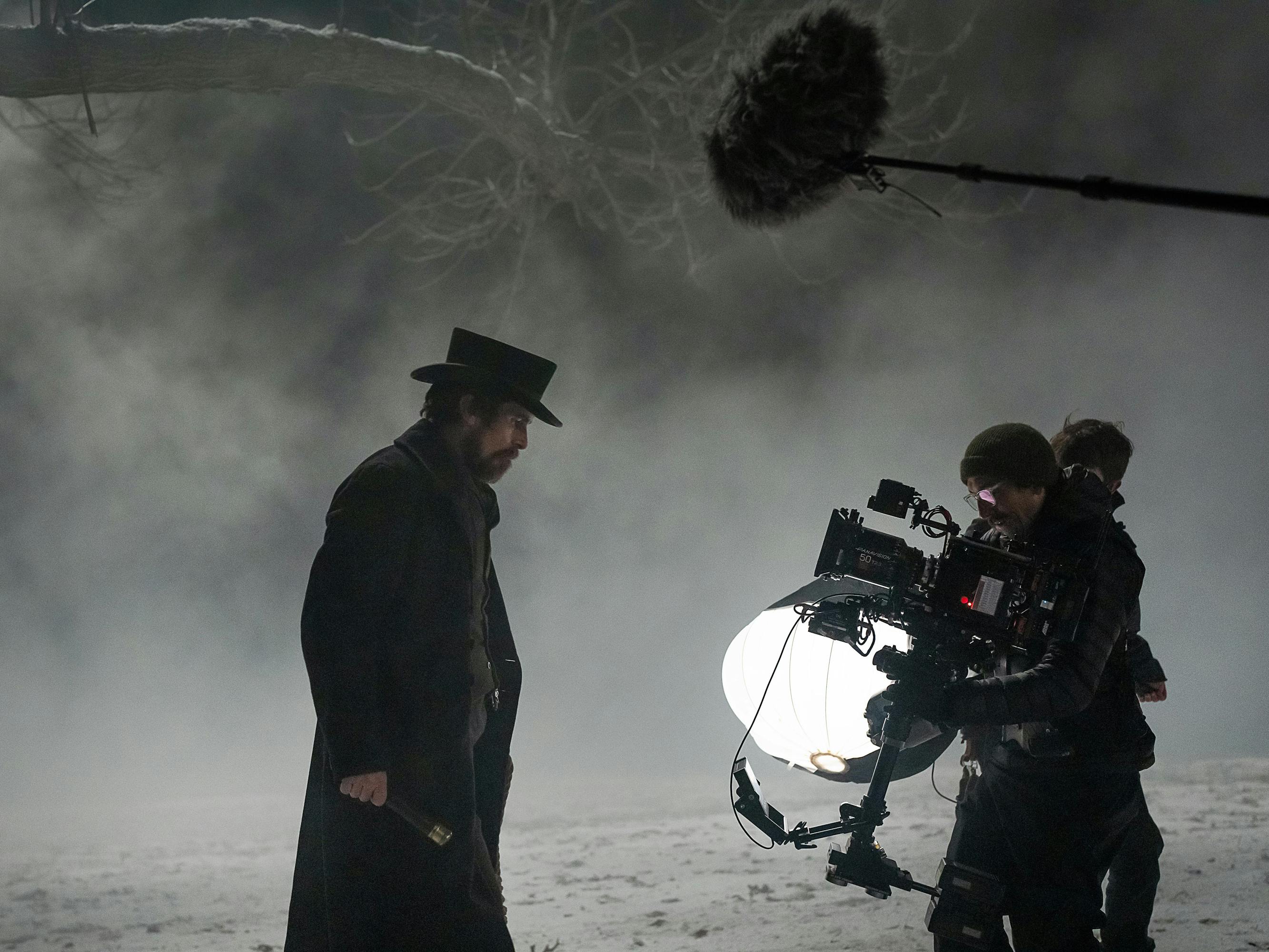
Christian Bale
Christian, what is it about Scott as a director or collaborator that has made you come back to work with him again and again?
CB: He’s a true director in terms of having a very strong point of view but being very collaborative at the same time. I work with Scott, but ultimately I work for Scott. I need to understand what it is he’s looking for. I will have plenty of suggestions, but ultimately I’m a means to achieve the vision that he has, and I enjoy Scott’s visions. I also enjoy the fact that he doesn’t make a mountain out of a molehill when he’s working. We keep it simple. It flows very well.
SC: Christian has great working relationships with other directors — David O. Russell, Adam McKay, Chris Nolan. But because he’s such a chameleon, we all get something different from Christian. We all are searching for something out of our actors that serves the story, that serves the character, but when you have someone like Christian who can take what’s written on the page and then take it to places that you can only dream of, it’s just a pleasure to watch. Having been an actor with an unremarkable career, I’ll tell you, when you’re on the other side of that camera and you’re watching Christian or Robert Duvall or Jeff Bridges or Timothy Spall, really great actors, it’s a real skill, and courageous in an artistic sense. I can’t tell you how many actors I know in the public realm that I see and they’re like, “Are you only going to make movies with Christian Bale?”
CB: The answer is yes, goddammit.
